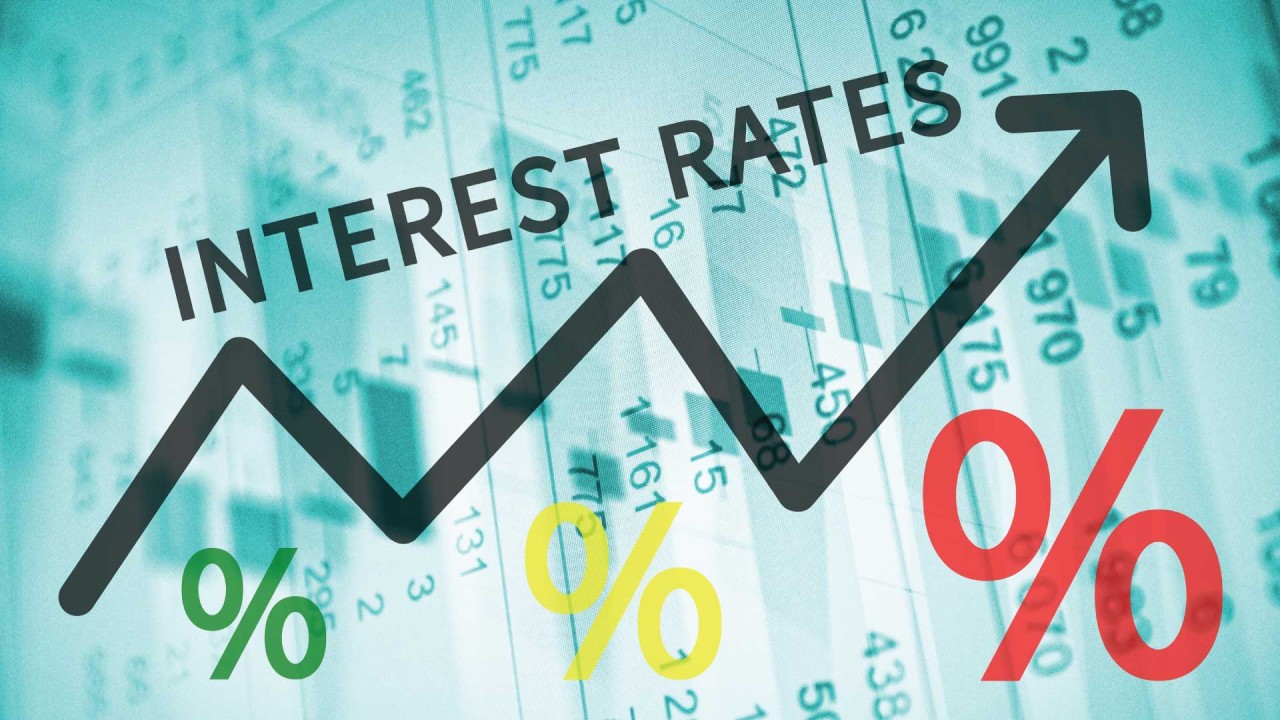

How does inflation protection work and why is it important for individuals to consider when making financial and investment decisions?
Inflation protection refers to strategies or investments that help individuals maintain the purchasing power of their money in the face of rising prices. It is important for individuals to consider inflation protection when making financial and investment decisions because inflation erodes the value of money over time. If the rate of inflation exceeds the rate of return on investments or the interest earned on savings, individuals may experience a decrease in their real wealth and purchasing power.
There are several ways individuals can protect themselves against inflation:
1. Diversification: Diversifying investments across different asset classes, such as stocks, bonds, real estate, and commodities, can help mitigate the impact of inflation. Different asset classes tend to perform differently during inflationary periods. For example, stocks may outperform during inflation as companies can increase prices, while bonds may underperform due to rising interest rates. By diversifying, individuals can potentially offset losses in one asset class with gains in another.
2. Investing in inflation-linked bonds: Governments and corporations issue inflation-linked bonds, also known as Treasury Inflation-Protected Securities (TIPS) in the United States. These bonds provide investors with a fixed interest rate plus an adjustment for inflation. The principal value of these bonds increases with inflation, thereby preserving the purchasing power of the investment. For example, if an individual invests $10,000 in a TIPS bond with a 2% fixed interest rate and the inflation rate is 3%, the bond's principal value would increase to $10,300.
3. Investing in real assets: Real assets, such as real estate, commodities, and infrastructure, tend to be more resilient to inflationary pressures. For example, during periods of inflation, the value of real estate tends to rise as construction costs increase. Similarly, commodities like gold and oil often experience price increases during inflationary periods. By investing in real assets, individuals can potentially benefit from the appreciation in value that typically accompanies inflation.
4. Wage and income growth: Individuals can also protect themselves against inflation by ensuring their wages and income keep pace with rising prices. Negotiating salary increases, seeking career advancement opportunities, or investing in education and professional development can help individuals maintain or increase their income levels, thus offsetting the impact of inflation.
Considering inflation protection is crucial because failing to account for inflation can have significant long-term consequences. For example, if an individual saves $1,000,000 for retirement and expects to retire in 30 years, but fails to consider inflation, the purchasing power of that $1,000,000 will be significantly diminished. Assuming an average annual inflation rate of 2%, the value of that $1,000,000 would be reduced to approximately $550,000 in today's dollars.
By incorporating inflation protection strategies into their financial and investment decisions, individuals can safeguard their wealth and maintain their standard of living over time.
References:
1. Investopedia. (2021). Inflation-Linked Bond. Retrieved from: https://www.investopedia.com/terms/i/inflationlinkedbond.asp
2. The Balance. (2021). How to Protect Your Investments from Inflation. Retrieved from: https://www.thebalance.com/how-to-protect-your-investments-from-inflation-453986
Related Posts
© 2025 Invastor. All Rights Reserved

User Comments
Brix Reyes
a year ago
And it's not just investments. Salary negotiations and job changes should also take into account the impact of inflation on your future income.
Imelda Dew
a year ago
Precisely. It's about finding that balance between stable investments and growth assets that can keep pace with or even surpass inflation rates.
Tracy Jones
a year ago
Jokes aside, diversification is key when considering inflation protection. Having a mix of assets can help you weather economic changes and ensure your financial stability in the long run.
Trixie Parker
a year ago
And as long as superheroes remain in fashion throughout the decades. Imagine presenting your collection of "Inflation-Proof Avengers" to your grandkids.
Chris Collins
a year ago
Well, only if those comic books become vintage collector's items and you manage to resist the urge to actually read them.
Hector Campbell
a year ago
So, what you're saying is, if I invest all my money in comic books, I'll be a millionaire when I'm 80?
Brent Adams
a year ago
True, and some financial instruments, like Treasury Inflation-Protected Securities (TIPS), are explicitly designed to provide inflation protection by adjusting their value with inflation rates.
Barbara Dann
a year ago
Absolutely. If you don't account for inflation, you might end up with a lot of money that's worth a lot less in the future. That's why assets like real estate and stocks, which tend to outpace inflation, are popular choices.
Philip Hill
a year ago
Inflation protection is crucial for maintaining the purchasing power of your money over time. It ensures that your investments grow in value at a rate that keeps up with rising prices.